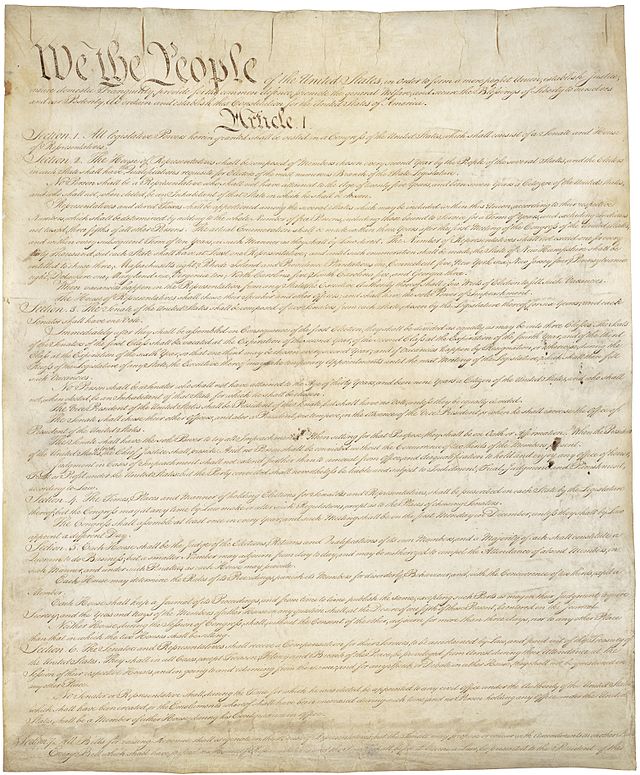In the new age of viral digital media, what’s the legality of law enforcement asking civilians to turn off cameras? If you haven’t yet, hop over to Twitter and follow the #Furguson hashtag for a few. The events in Ferguson are testing how well our Constitution grows with new media and an ever expanding definition of American rights. I also suspect the ACLU will have its hands full with a whole new batch of cases that come up from the Constitutional issues within the last week.
At risk of sounding like Alan Moore (or Juvenal, you’re super nerdy), “Quis custodiet ipsos custodes?” or “Who watches the Watchmen?”
Pull up a seat. It’s gonna get nerdy up in here.

At the same time, if we’re invoking these rights, we need to understand where our “rights” originate within the American system of government.
Some forms of government tell civilians that they have rights GRANTED to them. For example the Constitution of South Africa or Universal Declaration of Human Rights which says “You have the right to…” followed by free speech or what we think of as basic rights. These are considered systems of positive rights.
On the other hand, governments that say “You have intrinsic rights and our laws will PROTECT them” are considered systems of negative rights. For example: The US Constitution saying “Congress shall make no law…” followed by protections of the civilian from trespasses of the government. There are limitations, obviously. (Fine print: Time, place, and manner restrictions, or state of incarceration notwithstanding.)
Given that, we are protected FROM THE START within our Constitution. Know this. Use this.
Don’t say “My rights are being disrespected.” Instead, arm yourself with this knowledge and be able to say, “This is where our Constitution grants me this right. Respect it.”

